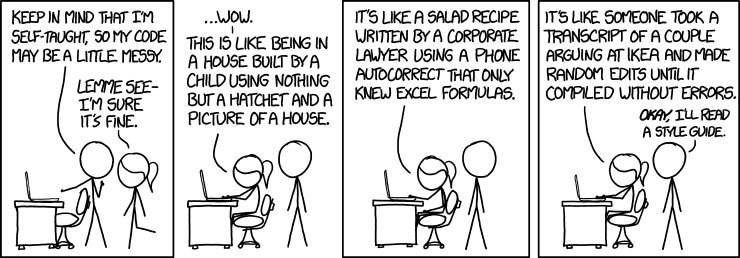Research in the era of (ir)reproducibility and Open Science
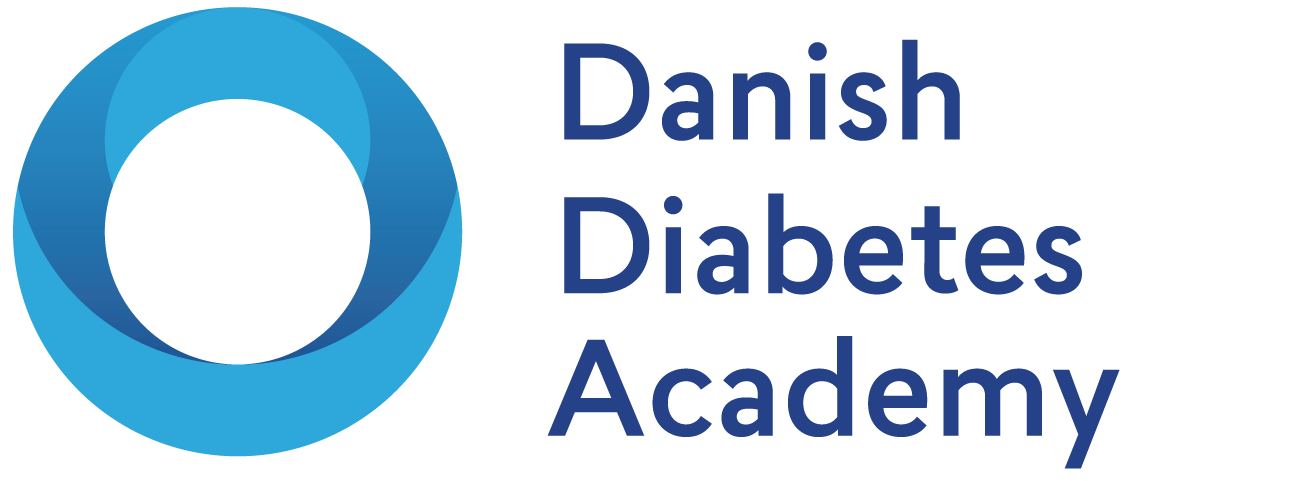
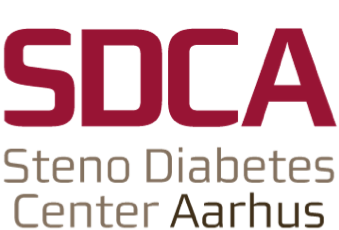

Open Science is part of several large trends (1)
- Openness / Transparency
- Quality: Reproducibility and replicability
- Collaboration / Team work / Remote work
- Communication / Public Engagement / Social Media



Open Science is part of several large trends (2)
We are in the middle of several exponential growth curves:
- Data production
- Data storage and transfer
- Computing power
- Published research
- Complexity of methods (e.g. AI)



Open Science is part of several large trends (3)
- Industrialisation of the research work flow
- Specialisation in research tasks

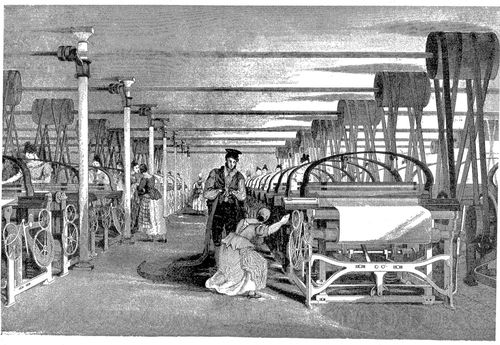



Open Science is part of several large trends (4)
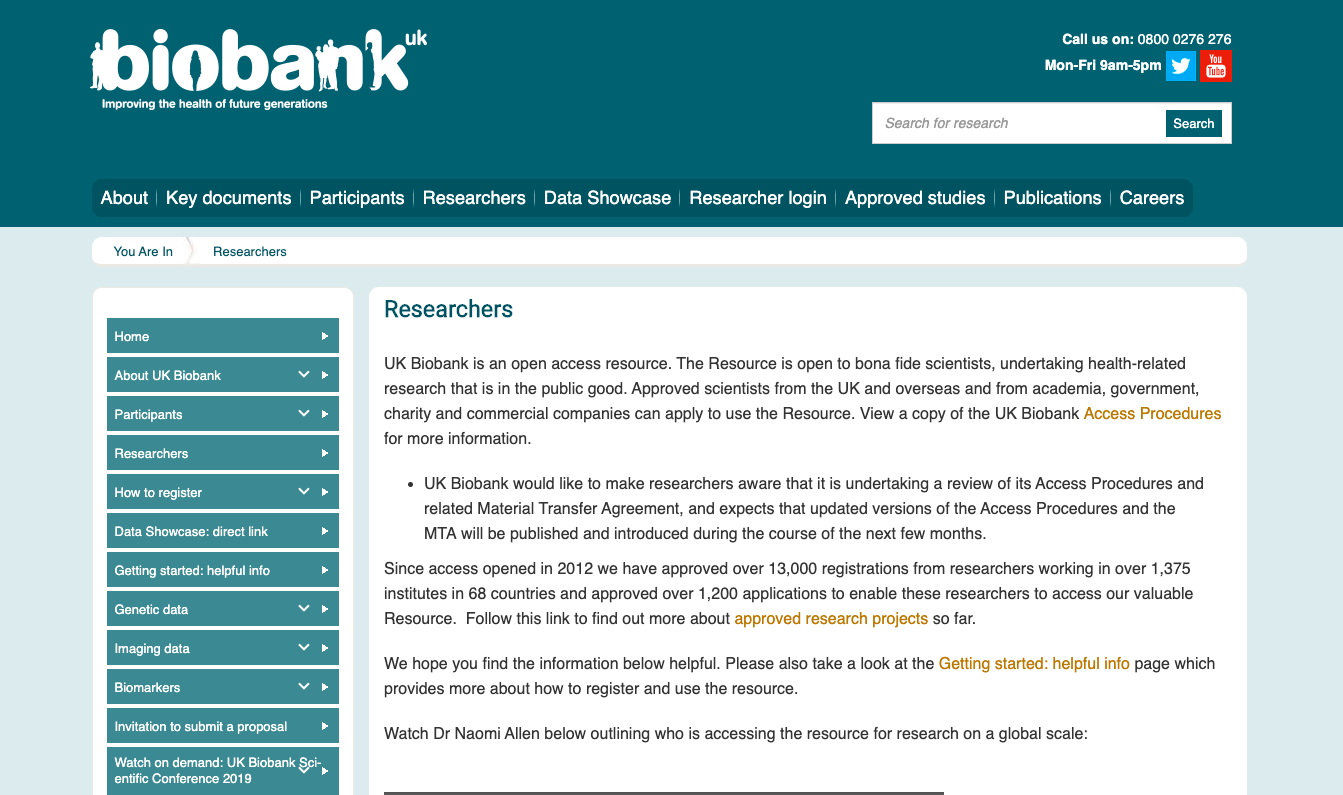




Open Science is part of several large trends (5)
Changes in the way we work:
- Remote work
- Online communities
- Ad hoc teams
Research on research:
- Meta analysis (your output is somebody else's input)
- Metaresearch: evidence-based evaluation and development of research methods



First computationally reproducible paper (eLife - 2018)

Lewis LM. eLife 2018;7:e30274 DOI: 10.7554/eLife.30274.



Some journals are moving in this direction
PLOS Computational Biology is running a pilot:
"We will soon be able to offer expert technical peer review specifically checking that submitted systems biology or physiology-based models run according to the results presented in the manuscript submitted to the journal. The peer review will be delivered in addition to our usual scientific assessment.."
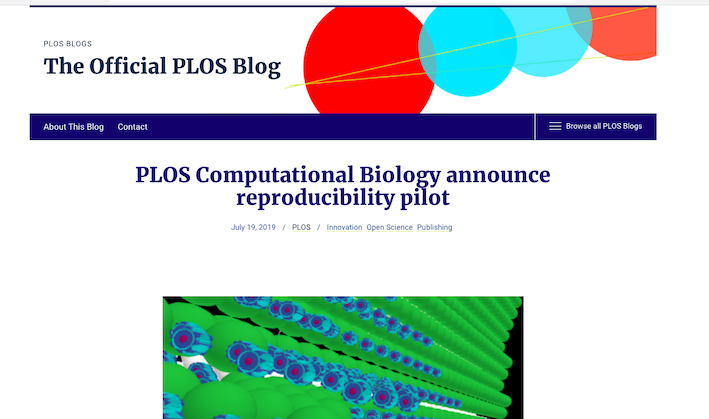



Developments in making manuscripts interactive
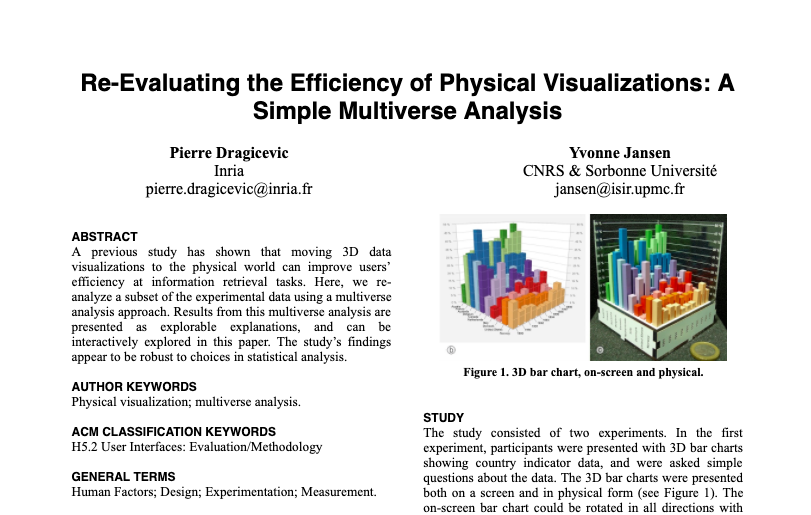



There are still very strong barriers



There are still very strong barriers
- Lack of awareness
- Tradition, culture and common practices need to change
- 'Business as usual' seems the shortest route to success



There are still very strong barriers
- Lack of awareness
- Tradition, culture and common practices need to change
'Business as usual' seems the shortest route to success
Tools and training in specific skills needed
- Takes time and dedicated funding



There are still very strong barriers
- Lack of awareness
- Tradition, culture and common practices need to change
'Business as usual' seems the shortest route to success
Tools and training in specific skills needed
Takes time and dedicated funding
Researchers need to see the value in adopting an open reproducible workflow
- Funding and reward systems need to be adapted:
- Peer review and Publication
- Academic recognition / careers
- Research funding mechanisms



There are still very strong barriers
- Lack of awareness
- Tradition, culture and common practices need to change
'Business as usual' seems the shortest route to success
Tools and training in specific skills needed
Takes time and dedicated funding
Researchers need to see the value in adopting an open reproducible workflow
Funding and reward systems need to be adapted:
- Peer review and Publication
- Academic recognition / careers
- Research funding mechanisms
Law: privacy concerns about sharing data, IP protection, patents, etc



Personal barriers
Fear of:
- Scooping or ideas being stolen
- Not being credited for ideas
- Errors and public humiliation
- Risk to reputation
- Reduced scientific quality
- Information overload



Current scientific culture not prepared for analytic and computation era



Open science debates and initiatives don't recognize role of software
E.g. EU H2020 Open Science Mandate only mentions data and publications.



Knowing the space and finding an efficient workflow
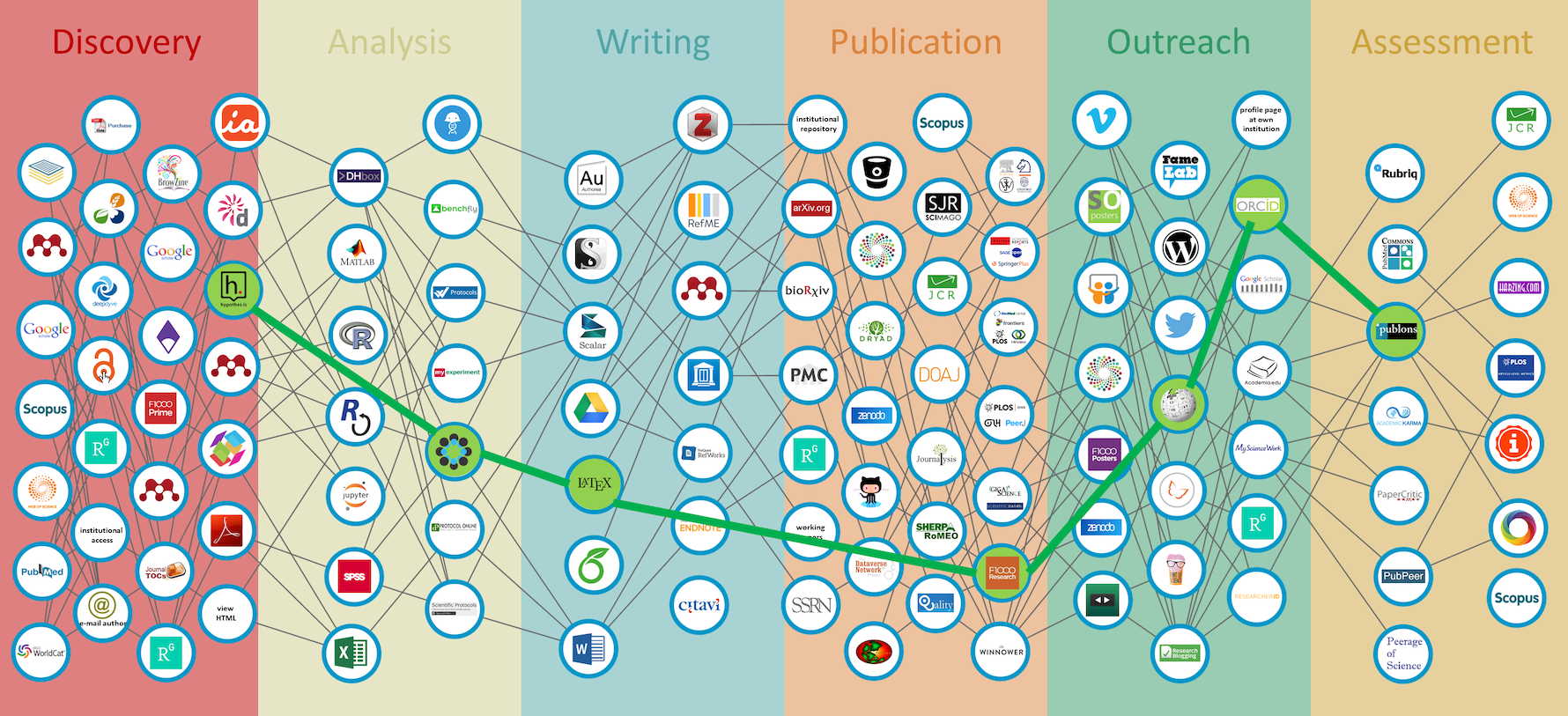
Figure from Innovations in Scholarly Communication.



What does it mean for you?
- Need to stay updated: Keep learning
- Read bookdown books (most free)
- Ask (and answer!) questions on StackOverflow
- Teach others!! Great way to learn
- Read e.g. Open Science Handbook



What does it mean for you?
- Need to stay updated: Keep learning
- Read bookdown books (most free)
- Ask (and answer!) questions on StackOverflow
- Teach others!! Great way to learn
- Read e.g. Open Science Handbook
- Find and collaborate with those familiar with these concepts (online and/or in real life)



What does it mean for you?
- Need to stay updated: Keep learning
- Read bookdown books (most free)
- Ask (and answer!) questions on StackOverflow
- Teach others!! Great way to learn
- Read e.g. Open Science Handbook
Find and collaborate with those familiar with these concepts (online and/or in real life)
Cite research that is or tries to be more reproducible



What does it mean for you?
- Need to stay updated: Keep learning
- Read bookdown books (most free)
- Ask (and answer!) questions on StackOverflow
- Teach others!! Great way to learn
- Read e.g. Open Science Handbook
Find and collaborate with those familiar with these concepts (online and/or in real life)
Cite research that is or tries to be more reproducible
Keep the principles of reproducibility in mind, then find the tools



What does it mean for you?
- Need to stay updated: Keep learning
- Read bookdown books (most free)
- Ask (and answer!) questions on StackOverflow
- Teach others!! Great way to learn
- Read e.g. Open Science Handbook
Find and collaborate with those familiar with these concepts (online and/or in real life)
Cite research that is or tries to be more reproducible
Keep the principles of reproducibility in mind, then find the tools
Practice reproducible and open science
- More on this later in session



Recognise importance of code and data: Cite them!



Recognise importance of code and data: Cite them!
# Example:citation("dplyr")## ## To cite package 'dplyr' in## publications use:## ## Hadley Wickham, Romain## François, Lionel Henry and## Kirill Müller (2020). dplyr:## A Grammar of Data## Manipulation. R package## version 1.0.0.## https://CRAN.R-project.org/package=dplyr## ## A BibTeX entry for LaTeX users is## ## @Manual{,## title = {dplyr: A Grammar of Data Manipulation},## author = {Hadley Wickham and Romain François and Lionel Henry and Kirill Müller},## year = {2020},## note = {R package version 1.0.0},## url = {https://CRAN.R-project.org/package=dplyr},## }
